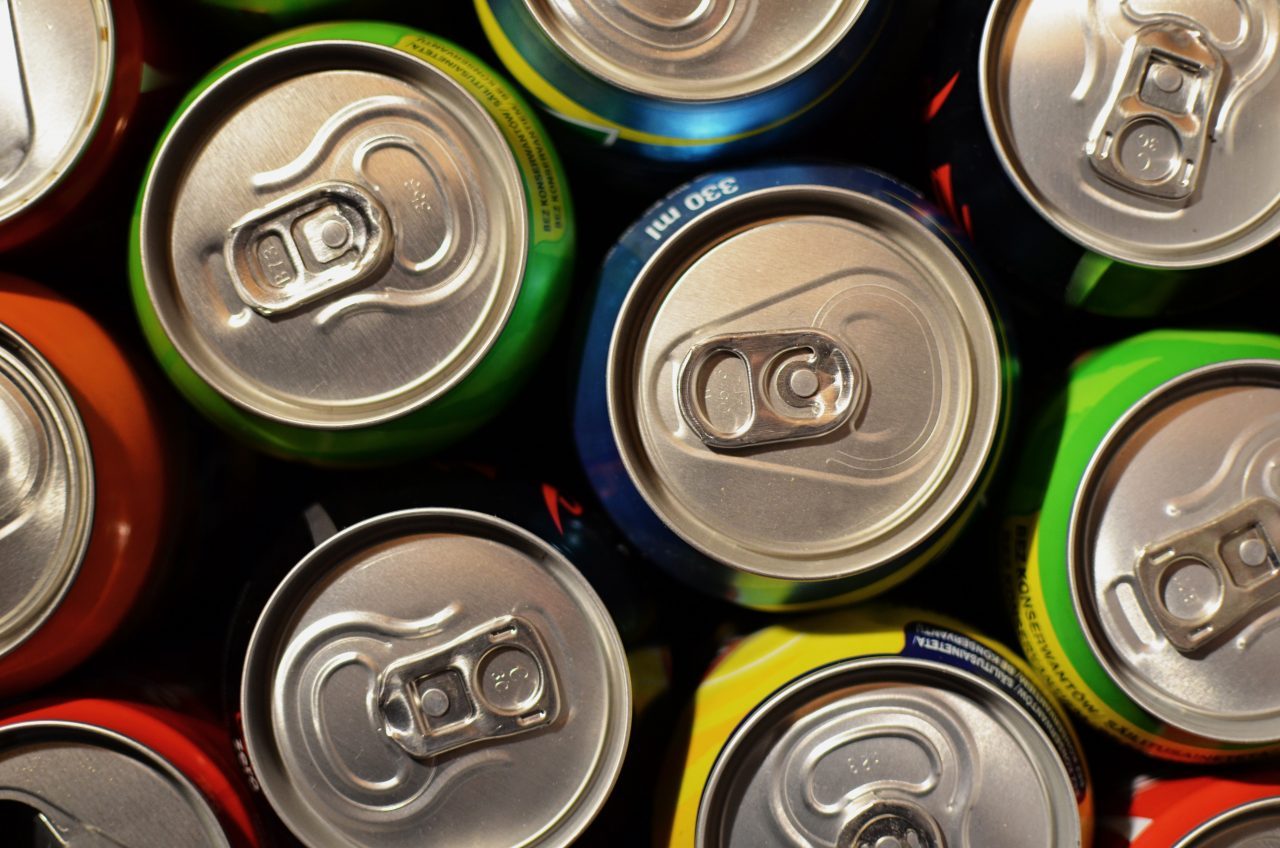 ThinkBusiness Africa, a business research organisation, has picked holes in a report by the Corporate Accountability and Public Participation Africa (CAPPA) on sugar-sweetened beverages (SSBs) tax in the country.
ThinkBusiness Africa, a business research organisation, has picked holes in a report by the Corporate Accountability and Public Participation Africa (CAPPA) on sugar-sweetened beverages (SSBs) tax in the country.
The research group noted in its “ThinkBusiness Africa Insight Series April 2024’ that the CAPPA report relied on a small survey sample (1200), saying this was potentially weak underlying data for its conclusions on consumption patterns and health impacts.
It noted that the proposed increase in SSB tax to N130 per litre (a 1200 per cent increase) may not achieve the desired reduction in consumption due to a narrow focus on SSBs as a contributor to obesity and diabetes.
The report also stated that a significant tax increase could have negative consequences for the SSBs industry, leading to job losses and reduced investment, adding that the current level of SSB tax revenue allocation for health expenditure was unclear.
It believes that a more comprehensive approach is needed to address the issue of overweight, obesity and diabetes in Nigeria, saying this should include public health education campaigns promoting healthy lifestyles and balanced diets, investment in physical activity programs and infrastructure as well as addressing broader societal factors that contribute to unhealthy habits.
Chief Executive Officer, ThinkBusiness Africa, Dr Igho Okiti, said: “A ‘trigger happy’ fiscal policy approach based on the CAPPA report is not advisable. A more measured and evidence-based approach is needed to ensure a healthy population and a thriving SSBs industry.”
The ThinkBusiness Africa report concluded: “The CAPPA report is an important milestone in the evolving nature of SSBs tax in Nigeria but reached conclusions based on unsuitable data. The CAPPA Report 2024 was billed as an evidence-based report to show that significant increases in SSBs tax in Nigeria will lead to a reduction in the growth of obesity and diabetes, increases in government revenue, and expenditure to tackle these diseases.
“However, the report not only reached conclusions on the basis for which the underlying data and assumptions are weak, fragile, and unsuitable, there was no demonstration of how the staggering increase in resources of nearly 50 per cent of the Federal Government health budget will curtail the growth in diabetes and obesity.”






